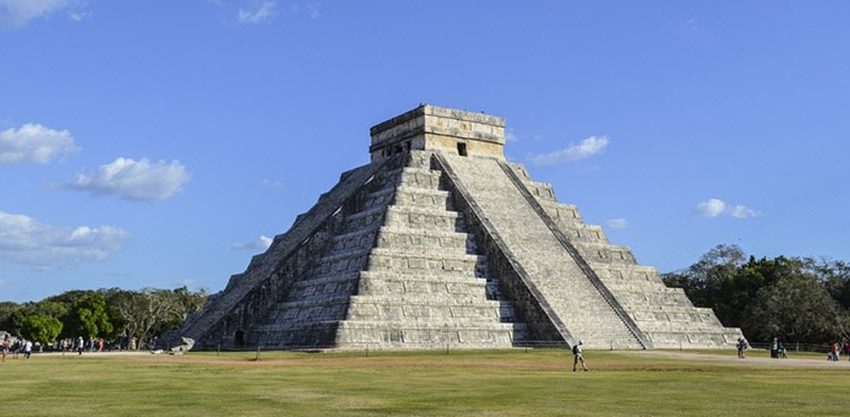The Rise of Mexican Cinema
The Mexican film industry has undergone a transformative journey over the last several decades, establishing a strong reputation on the world stage. This transformation can largely be credited to visionary filmmakers and the international success of a diverse array of films. Renowned for its profound storytelling and artistic innovation, Mexican cinema has solidified its position as a crucial contributor to world cinema.
Historical Context
The roots of Mexican cinema can be traced back to the late 19th century and have seen several distinct phases of evolution. One of the most notable periods was the “Golden Age” during the 1940s and 1950s. This era was characterized by the work of esteemed filmmakers such as Emilio Fernández and Luis Buñuel, who brought significant acclaim to Mexican cinema. During this time, Mexico was an influential player in the production of Spanish-language films, elevating its status in the international arena.
New Era and the International Recognition
The dawn of the 1990s marked the advent of a new wave of Mexican directors who began to earn international recognition. Filmmakers like Alfonso Cuarón, Guillermo del Toro, and Alejandro González Iñárritu have been instrumental in elevating Mexican cinema’s status on the global scene.
Cuarón’s film “Roma” (2018) received the Oscar for Best Foreign Language Film, serving as a tribute to Mexican society and culture. Similarly, del Toro’s “The Shape of Water” won the Academy Award for Best Picture in 2018, demonstrating his ability to seamlessly blend fantasy with reality. González Iñárritu’s works, such as “Birdman,” have also garnered critical acclaim, earning him multiple Oscars. The success of these directors has been pivotal in spotlighting the capabilities of Mexican cinema to a worldwide audience.
Influence on Global Cinematic Themes
Mexican filmmakers have made significant contributions by introducing global audiences to themes related to migration, social class, and identity. Films like “Amores Perros” and “Y Tu Mamá También” delve into complex interpersonal dynamics and socioeconomic challenges, striking a chord with viewers worldwide. Through these narratives, Mexican filmmakers offer a lens through which global audiences can explore diverse cultural stories and societal issues.
Expansion of Mexican Film Festivals
Film festivals in Mexico have played a critical role in supporting local talent and showcasing Mexican culture. Notable events like the Guadalajara International Film Festival and the Morelia International Film Festival serve as platforms to present Mexican films to a broader audience. These festivals encourage cross-cultural interactions and create opportunities for international collaborations, further promoting Mexican cinema on the global stage.
Conclusion
The impact of Mexican cinema is evident not only through the accolades it has received but also in its ability to reshape global perceptions of Mexican culture and society. As Mexican directors and storytellers continue to push creative boundaries and captivate audiences worldwide, the future of Mexican cinema appears increasingly promising.
For those seeking more in-depth analyses of specific filmmakers and their contributions, exploring external resources such as http://www.imdb.com, film study websites, and academic publications can offer valuable insights into Mexican cinema’s expansive role on the global stage.







